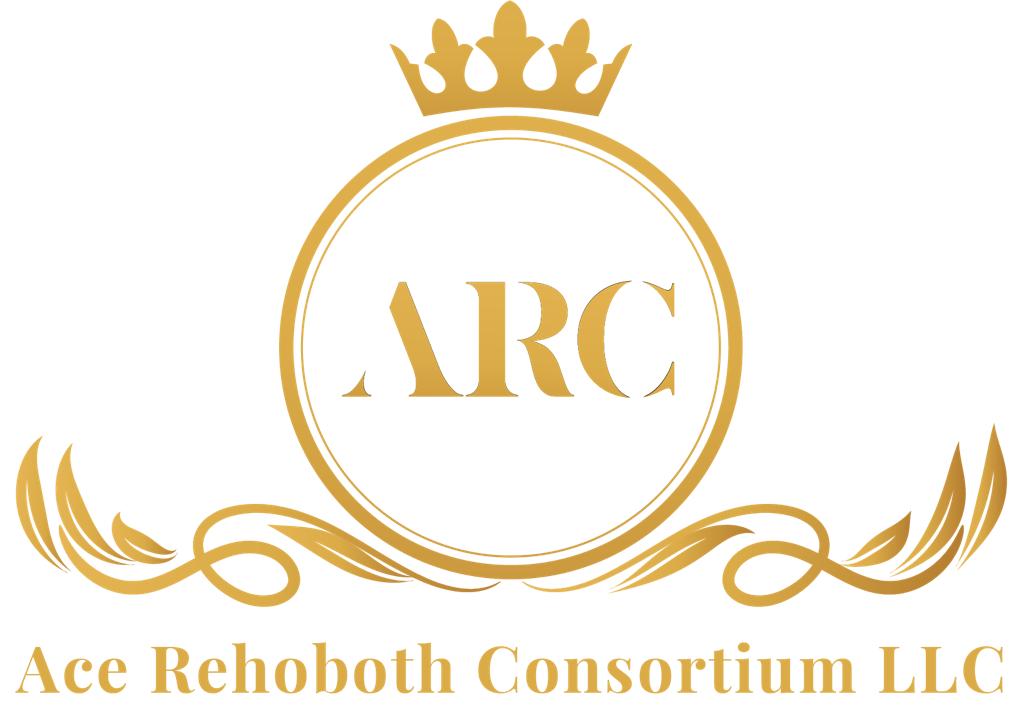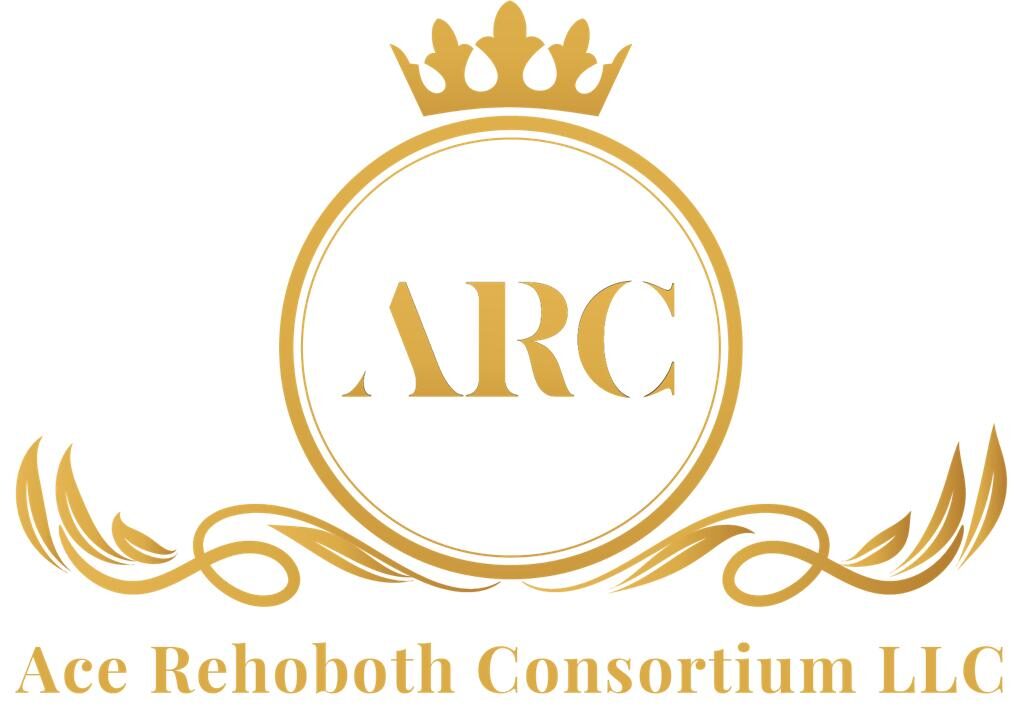
Taxes affect nearly every financial decision you make, from where you save your money to how you invest for the future. Misunderstanding the tax implications of your financial choices can lead to unnecessary tax burdens, reducing the overall growth of your assets. On the other hand, a well-planned tax strategy can help you retain more of your earnings and invest them for the future. Let’s break down the three main tax categories, Tax Now, Tax Later, and Tax Advantaged, to help you understand where your money can work best for you.
Tax Now Accounts
What Are Tax Now Accounts?
Tax Now accounts refer to financial accounts and investments that are taxed as you earn income or realize gains. This category typically includes checking accounts, savings accounts, certificates of deposit (CDs), stocks, and mutual funds. The interest, dividends, or capital gains earned in these accounts are subject to taxation in the year they are realized.
How Do Tax Now Accounts Affect Your Finances?
While Tax Now accounts offer liquidity and easy access to your funds, the downside is that you pay taxes on the earnings as they are generated. For instance, the interest you earn on a savings account is taxed each year, and capital gains from selling stocks or mutual funds are also taxed when realized. This taxation can slow the growth of your investments, as a portion of your earnings is continually taken by taxes.
Strategies for Managing Tax Now Accounts
To minimize the tax impact on your Tax Now accounts, consider the following strategies:
Utilize Tax-Loss Harvesting: Offset capital gains by selling investments at a loss to reduce your taxable income.
Hold Investments for Over a Year: Long-term capital gains are usually taxed at a lower rate than short-term gains.
Use Tax-Efficient Investment Funds: Choose index funds or ETFs that minimize taxable distributions.
Tax Later Accounts
What Are Tax Later Accounts?
Tax Later accounts, also known as tax-deferred accounts, allow you to postpone paying taxes on your earnings until a later date—typically when you withdraw funds during retirement. Common examples include 401(k) plans, 403(b) plans, IRAs, SEP-IRAs, annuities, and pensions. Contributions to these accounts are often made with pre-tax dollars, meaning you do not pay taxes on the money when you contribute, but you do pay taxes upon withdrawal.
How Do Tax Later Accounts Affect Your Finances?
The primary advantage of Tax Later accounts is the ability to grow your investments tax-deferred. This means that you do not pay taxes on dividends, interest, or capital gains within the account until you withdraw the money. Over time, this allows your investments to compound and grow more effectively. However, when you start withdrawing funds during retirement, the withdrawals are taxed as ordinary income.
Must Read: Building a Strong Financial Foundation – A Comprehensive Guide
Strategies for Managing Tax Later Accounts
To maximize the benefits of Tax Later accounts, consider these strategies:
Maximize Contributions: Take full advantage of the contribution limits for 401(k) plans, IRAs, and other tax-deferred accounts.
Plan Your Withdrawals: Strategically plan your withdrawals in retirement to minimize tax liability, considering your tax bracket and required minimum distributions (RMDs).
Diversify Across Tax Categories: By having a mix of Tax Now, Tax Later, and Tax Advantaged accounts, you can optimize your tax situation throughout your life.
Tax-Advantaged Accounts
What Are Tax Advantaged Accounts?
Tax Advantaged accounts offer unique tax benefits that can either exempt your contributions from taxes or allow your investments to grow tax-free. This category includes accounts like Roth IRAs, 529 college savings plans, municipal bonds, Health Savings Accounts (HSAs), and life insurance with long-term care benefits.
How Do Tax-Advantaged Accounts Affect Your Finances?
The main benefit of Tax-Advantaged accounts is that they provide tax-free growth or withdrawals under specific conditions. For example, contributions to a Roth IRA are made with after-tax dollars, but the withdrawals during retirement are tax-free. Similarly, earnings in a 529 plan are tax-free when used for qualifying education expenses. HSAs offer a triple tax advantage: contributions are tax-deductible, growth is tax-free, and withdrawals for medical expenses are tax-free.
Strategies for Managing Tax-Advantaged Accounts
Maximizing the benefits of Tax-Advantaged accounts involves careful planning:
Contribute to Roth IRAs Early: Start contributing to a Roth IRA as soon as possible to take advantage of the tax-free growth over time.
Utilize 529 Plans for Education Savings: Save for your children’s or grandchildren’s education in a tax-efficient manner.
Leverage HSAs for Medical Expenses: Use an HSA to save for future medical expenses while reducing your taxable income.
Building a Balanced Tax Strategy
A balanced tax strategy involves diversifying your assets across Tax Now, Tax Later, and Tax Advantaged accounts. This diversification can help you manage your tax liabilities more effectively and optimize the growth of your investments.
Assess Your Current Tax Situation
Start by assessing your current tax situation and understanding where your money is currently invested. Consider how much you have in each tax category and whether it aligns with your long-term financial goals. If most of your assets are in Tax Now accounts, you might be paying more in taxes than necessary.
Adjust Your Financial Plan
Next, adjust your financial plan to incorporate more Tax Later and Tax Advantaged accounts. If you are in the accumulation phase of your career, consider maximizing contributions to your 401(k) or IRA. If you are planning for retirement, think about how you can utilize Roth IRAs and HSAs for tax-free growth and withdrawals.
Monitor and Adjust Regularly
Tax laws and personal circumstances change over time, so it’s important to regularly review and adjust your tax strategy. Work with a Expert Financial Advisor like Ace Rehoboth Consortium LLC to stay informed about changes in tax laws and to ensure that your strategy remains aligned with your financial goals.
Conclusion
Understanding the tax implications of where you put your money is crucial for building a secure financial future. By effectively managing Tax Now, Tax Later, and Tax Advantaged accounts, you can minimize your tax liabilities and maximize the growth of your assets. Whether you are just starting out or nearing retirement, a well-balanced tax strategy will help you achieve your financial goals.
At Ace Rehoboth Consortium LLC, we understand that navigating the complexities of taxes and financial planning can be challenging. Our team of experts is here to help you develop a personalized tax strategy that aligns with your financial goals. Contact us today for a free consultation and take the first step toward securing your financial future. Let ARC guide you on your journey to financial success!

